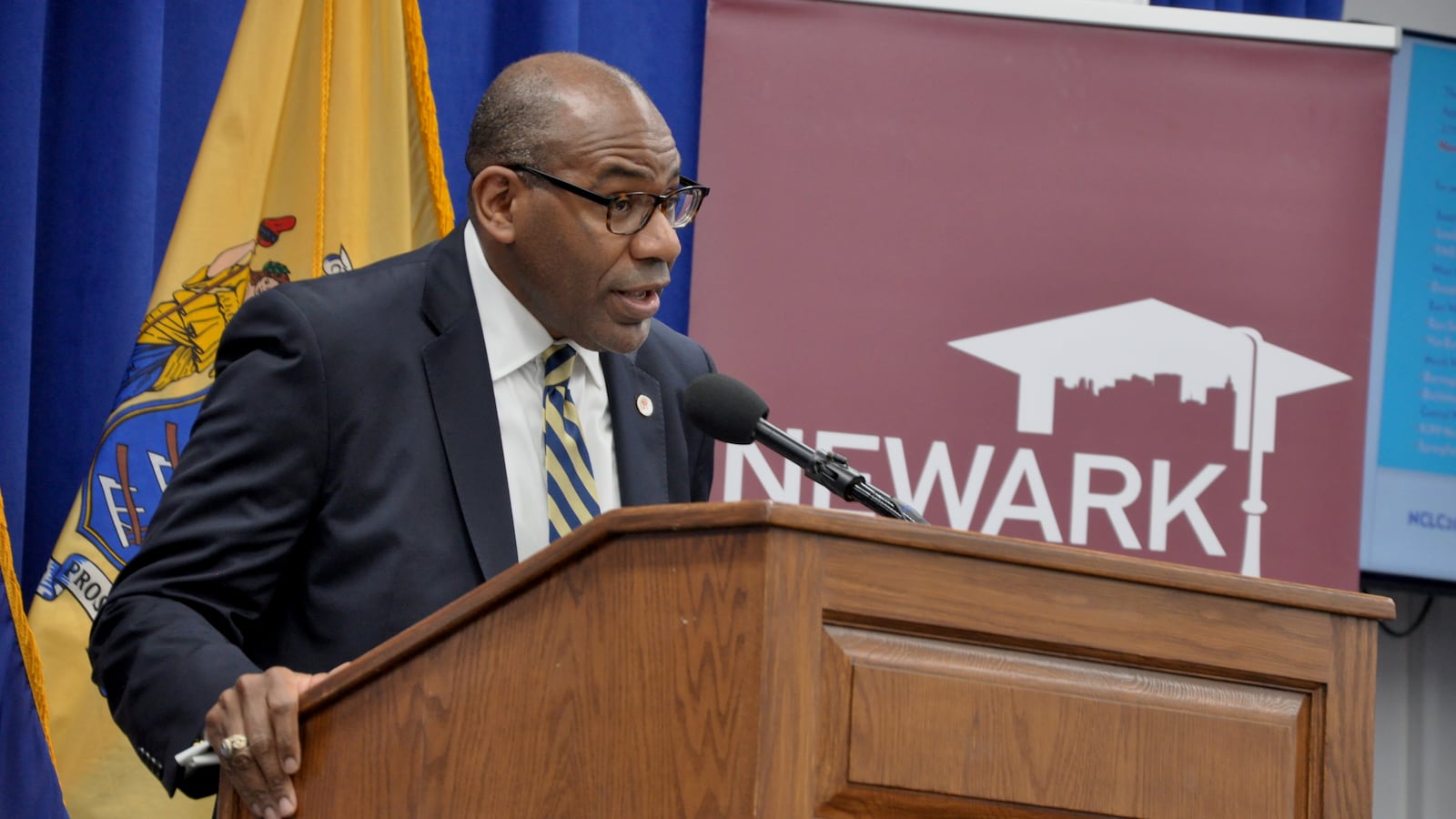More than half of Newark high school seniors completed their applications for federal student aid last year and raked in $45 million in scholarships, according to the district, but the city wants even more students to receive money for college.
Local organizations, government officials, and school administrators announced a new collaborative effort Thursday called the Newark FAFSA Challenge that aims to increase the percentage of Newark students completing the federal aid application, which makes students eligible to receive grants, work-study, and loans.
Next week the campaign will be launching hub sites throughout Newark offering resources and FAFSA assistance to students and families. Newark schools currently host FAFSA completion nights, according to Reginald Lewis, executive director of the Newark City of Learning Collaborative, a public-private partnership focused on increasing college attainment in Newark, and through this campaign, volunteers will provide additional assistance at those events.
Organizers hope the campaign will result in a 10 percent increase in FAFSA completion rates among Newark students, from a 60% completion rate this past June — a percentage that’s flush with the national rate — to 70% in June 2020. Lewis predicts Newark students will receive an additional $3 million or more if that goal is met.
“A lot of our families look at the cost of college today and react in shock, but they qualify for state and federal financial aid,” Lewis said. “We have too many families starting the process and not completing it.”
Research shows that low-income students — presumably the students who need financial aid the most — tend to apply for aid less often than other students due to a number of barriers, and that poor students are far less likely than their wealthy peers to earn college degrees.
The challenge aligns with the Newark City of Learning Collaborative’s long-standing goal of increasing the number of Newarkers with college degrees. Just 19% have college degrees, compared to 45%of New Jersey residents and 40% of Americans.
Nationally, a majority of high school seniors who complete the FAFSA immediately enroll in college. Other cities and states around the country also host their own FAFSA challenges, including nearby New York.
Last year, 2,094 of Newark’s 3,519 graduating students completed their applications. Lewis said that 400 students have already submitted their FAFSAs as of this month.
“We need to get more of our students into college,” Newark Mayor Ras Baraka said. “Whatever we can do to make sure our kids get to college is what we need to do.”

